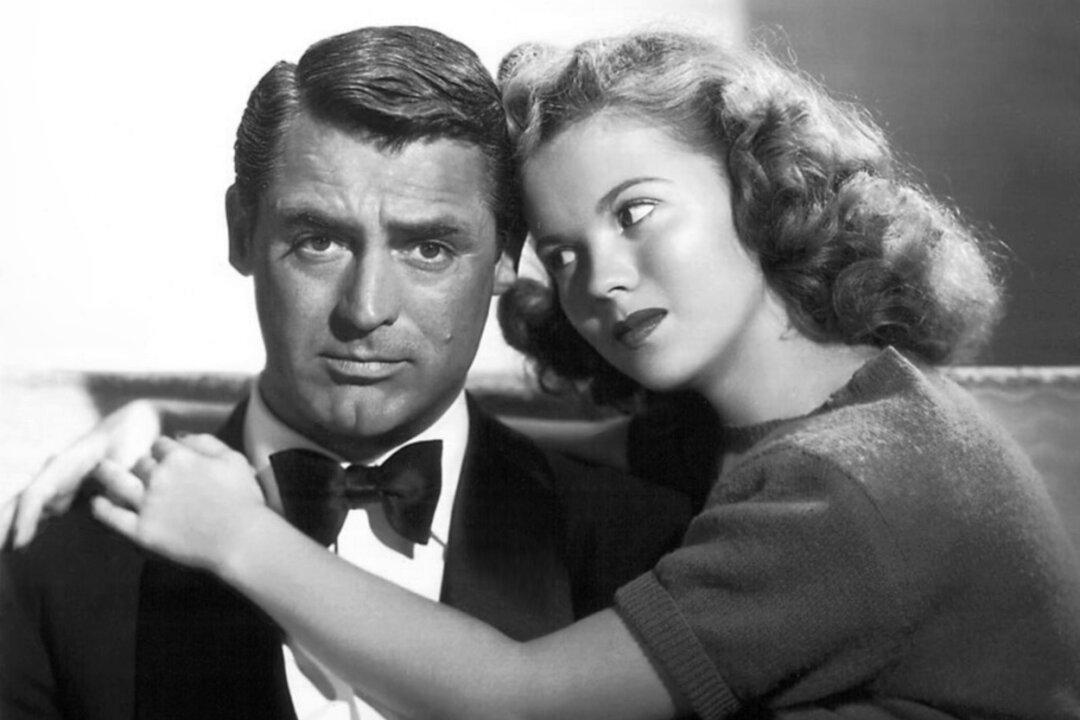Commentary
The modern film industry has a talent for taking a basic story concept and distorting it with extraneous vulgarity until its main theme is hardly recognizable. You can counteract this, however, by foregoing the latest releases in favor of movies made during Hollywood’s good old days (1934-1954), when storytelling was uncomplicated by computer generated imagery, excessive special effects, and unnecessary “adult” content.





